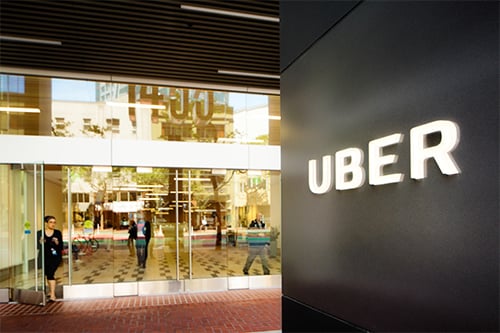

In November 2019, Transport for London (TfL) branded Uber as “not fit and proper” to hold a private hire operator licence amid breaches including those linked to insurance. Now the ride-hailing app faces a roadblock in Birmingham, where its license to operate may not be renewed at the end of the month.
It was previously found that a change to Uber’s systems allowed unauthorised drivers to upload their photos to other driver accounts – allowing fraudsters to pick up passengers as though they were the booked driver in at least 14,000 trips.
“This means all the journeys were uninsured and some passenger journeys took place with unlicensed drivers, one of which had previously had their licence revoked by TfL,” noted the transport authority last year. “Another failure allowed dismissed or suspended drivers to create an Uber account and carry passengers, again compromising passenger safety and security.
“TfL recognises the steps that Uber has put in place to prevent this type of activity. However, it is a concern that Uber’s systems seem to have been comparatively easily manipulated. Other serious breaches have also occurred, including several insurance-related issues.”
The latter involved the use of vehicles without the appropriate hire or reward insurance in place.
Now with Birmingham adding to Uber’s woes in the UK, a business leader is suggesting this all could have been avoided.
“There is no excuse for companies such as Uber failing to determine the identity, and hence safety, of the workers on its platform,” commented James Stickland, chief executive at authentication platform Veridium. “The UK gig economy has doubled in the past three years – now accounting for 4.7 million workers – and is only expected to expand as businesses rush to cash in.
“Verifying that people are who they say they are will be vital to public safety, but also vital in the fight against growing e-commerce fraud and money laundering. Considering global e-commerce fraud is anticipated to cost $130 billion by 2023, it is essential for businesses to act now or risk disappearing in the future.”
The CEO also believes that an efficient and cost-effective means for app-based businesses is to leverage biometrics through digital devices to verify digital identity.
“As Uber extends its portfolio into food delivery with Uber Eats, and helicopter travel with Uber Air Taxi, verifying the identity of air-borne passengers will also be crucial to protect a range of stakeholders including employees,” added Stickland.
